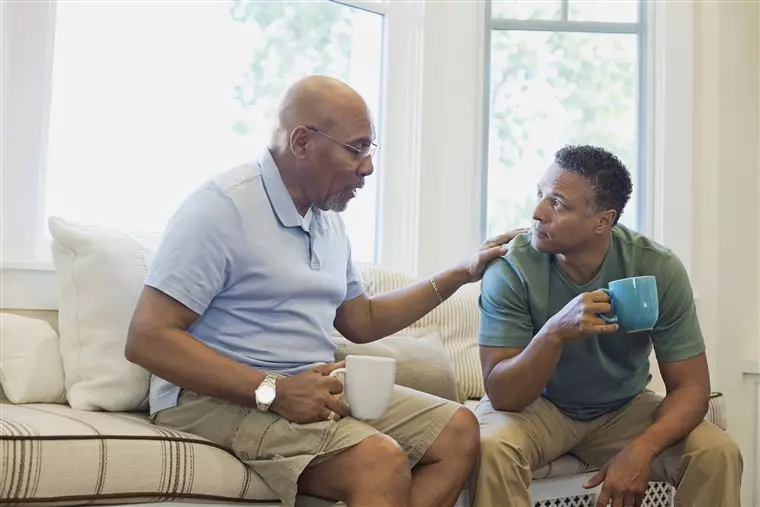Financial abuse of the elderly is a growing problem in Massachusetts and throughout the country. Tragically, elder financial abuse often goes unreported, either because the victims are unaware they are being scammed, ashamed of having been taken advantage of, or fear retaliation. The best way to protect them is to contact Surprenant & Beneski, P.C. and establish an estate plan that will shield their money and their dignity.
If you worry about your elderly loved one’s vulnerability to financial abuse or about the possibility that they are currently being victimized, the following signs of financial abuse should be helpful to you. Remember that in the vast majority of cases, the abuser is known to, and trusted by, the victim. Family members, friends, financial or legal advisors, healthcare providers, religious advisors, and caretakers may use their intimate connection to the victim for nefarious purposes.
Signs of Elder Financial Abuse
Like other types of abuses, financial abuse of the elderly, though often disguised or camouflaged by its perpetrator, shows itself in a number of ways, including:
Banking Abnormalities
Atypical banking activities are often a clue that something is amiss, especially if another person has suddenly become “kind enough” to drive or walk your loved one to the bank or to obtain passwords so that he or she can actually take care of your relative’s banking. Be aware of:
- Larger or more frequent withdrawals, from one or more accounts
- ATM withdrawals by an older person who has never used a debit or ATM card
- Inexplicable transfers of funds from one account to another
- The sudden appearance of a new joint account
- Unpaid bills or notifications of insufficient funds
- Closed CDs or other savings accounts without regard to penalties
- Suspicious signatures or obvious forgeries on checks
- Checks written as loans or gifts to nurses, aides or new “best friends”
New Credit Cards, New Charges, New Transactions, New Documents
If your loved one, who has never run up credit card charges before, begins to charge items that seem out of character, pay attention to:
- The sudden appearance of new credit cards
- Unexplained charges on credit cards
- Unusual attempts to wire large sums of money
- Altered mailing addresses on credit card statements
- New or altered legal documents, e.g. will, power of attorney
Assets Gone Missing
If too many objects are missing from your loved one’s home and your queries are met with questionable answers (e.g. the antique tea set is now being stored in the attic when it was always on the coffee table; the valuable painting is out being reframed), it is time to investigate further.
Changes in Personal Appearance and Behavior
While we are always happy to see an elderly loved one enjoying the company of a new companion, be wary if a new friend of your relative becomes intimate too quickly and seems to be exercising undue influence, especially over financial decisions.
Take notice if your relative looks unkempt or seems unusually timid or frightened. Such changes in appearance can be evidence of neglect or withheld medical care or personal assistance that is being used to coerce funds.
Contact Our Experienced Elder Law Attorneys to Protect Your Loved One
If you suspect that your loved one has been a victim of a scam or a fraud, please contact your local police department or law enforcement office. Certainly, being overly suspicious has a terrible downside, but so does being naive. The best way to protect your elderly loved one is to be proactive. Get in touch with our skilled elder law team today to create an estate plan that will protect their assets, their financial stability, and their sense of self-worth.
